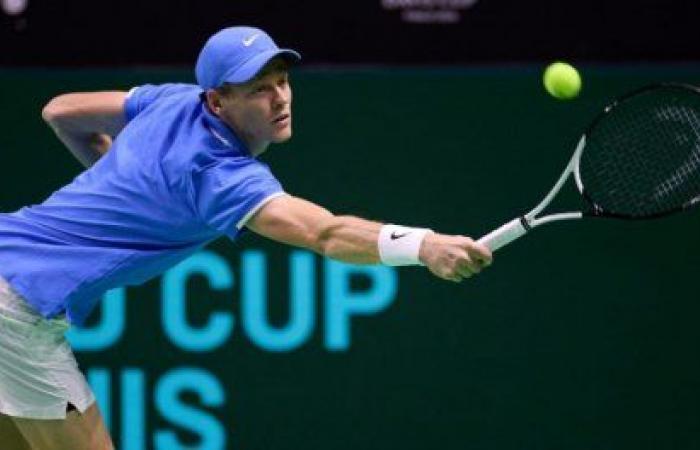Clément Pédron, Media365, published on Saturday December 28, 2024 at 10:00 a.m.
The 2024 Tennis season has ended and with it, its share of controversies regarding refereeing, regulations and doping. Among those concerned, Jannik Sinner and Iga Swiatek, the leaders of the ATP and WTA rankings.
Like other disciplines, tennis closed its 2024 “financial year” with incredible performances, both for men and women. We also had various controversies, starting with doping. The problem is that this subject particularly concerned Jannik Sinner and more recently Iga Swiatek, the leaders of the ATP and WTA rankings. As a result, a wave of mistrust arose, putting into perspective the treatment of the subject in other disciplines, starting with cycling. Shortly after mid-August, the International Tennis Integrity Agency published a press release in which it specified that an independent court had cleared the Italian, committing neither “fault nor negligence” after two positive tests for one week interval with clostebol in March. Problem is, these checks have never been made public. And that Jannik Sinner, earlier winner of the Australian Open in particular, continued to play. Faced with the anger of several players, regretting a difference in treatment, the Transalpine defended himself by arguing that he had been contaminated by his physiotherapist. The latter, victim of a cut finger, allegedly used an over-the-counter spray containing clostebol to treat his injury and also provided massages to the player, hence the contamination. For these facts, he was provisionally suspended from April 4 to 5 then from April 17 to 20 but successfully appealed this suspension. Before being cleared.
At the end of last November, the same International Tennis Integrity Agency (ITIA) confirmed the suspension for one month of Iga Swiatek for a positive test for trimetazidine. The Polish woman defended herself by indicating that she had been “accidentally” contaminated with melatonin to combat jet lag. And indeed, traces of trimetazidine, in small quantities, were found in melatonin produced and sold in Poland. After serving her sentence, the world No. 1 was able to resume her season. But this opaque treatment of the subject has raised questions among players.
Roland-Garros, alone against video refereeing
Apart from controversies linked to doping, others have also emerged, particularly in matters of arbitration. After the Australian Open a few years ago, the US Open officially implemented video refereeing after testing it in 2023. In short, no more lines judges and hello technology. Last October, Wimbledon indicated that it would do the same from 2025 in the main tournament and qualifiers. As reported by L'Équipe, nearly 300 referees are affected by this decision for the Grand Slam on grass. For the moment, Roland-Garros retains its line judges and is therefore the last of the bunch. And it is not sure that it gives way since its surface easily allows referees to see the marks of the balls. Still according to the sports daily, the ATP announced that from the 2025 season, all tournaments (except those of the Grand Slam which are self-managed) will be played with video refereeing and therefore without any judge of line.






